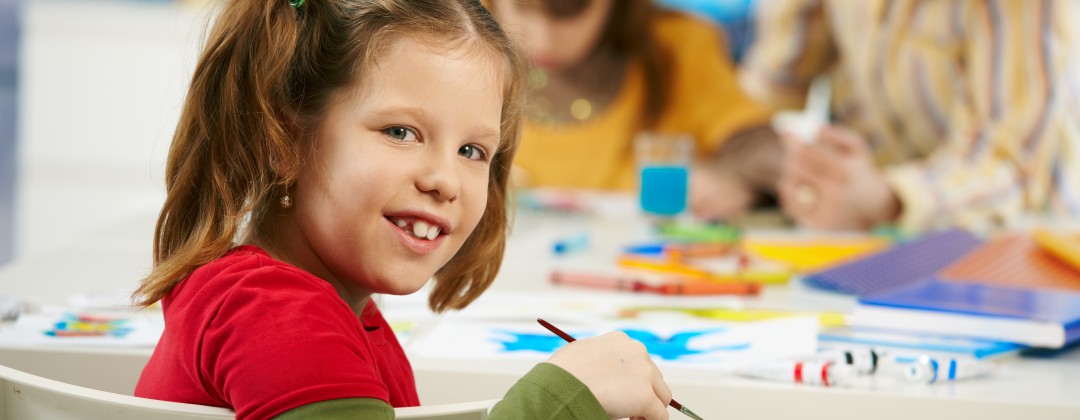Play dates are a great way to help your child practice social skills, play skills, and communication skills with peers in a safe and structured setting. Preparing for a play date and having it go as planned can be difficult for many families with a child with autism. Here are some tips for a successful play date.
Thoughtfully select a peer
Choose a child who is close to your child’s age and displays age appropriate communication, social, and play skills. The peer should be able to play cooperatively and be flexible. It helps to have a peer who enjoys giving lots of help and suggestions to their friends. Your child’s school, neighbors, or members of your religious congregation may be able to connect you a good match.
Plan the activities head of time
Choose activities which both children will enjoy. They should be structured, organized and should require some level of cooperation. Make the play date fun and special.
Pre-teach the activities to your child
Prepare your child for the play date by practicing the planned activities in advance. Try role playing with your child, taking the role of their peer.
Know what you want your child to learn during play dates
Having clear goals will increase the likelihood that specific skills will be learned during play dates. Rather than simply hoping that something is learned, you can set an intention. Have two or three specific goals (e.g. taking turns, asking questions, responding to questions, changing play activities appropriately), and take notes on how your child did on each goal.
Keep it short
You may want to stick to 30 minutes for first few play dates. The 30 minutes can be further broken down into several 10-15 minute activities. Make sure transitions between activities are short and smooth.
Facilitate the play and provide reinforcement
Encourage cooperative play and guide the children to interact with each other. Provide frequent treats and praise as reinforcement for positive interactions.
Consider activities where the children need to work together, problem solve, and share the same materials. Treasure hunts are great activities – hide toys and treats around the house and give the children a map to the treasures. Art projects are also fun with friends – make a collage, paint a poster or mural. Yard games to try are Freeze Tag, Hide and Seek, Red light Green Light. Have fun!




